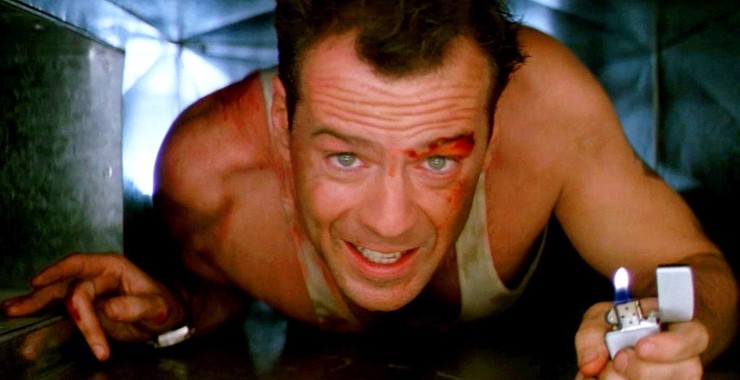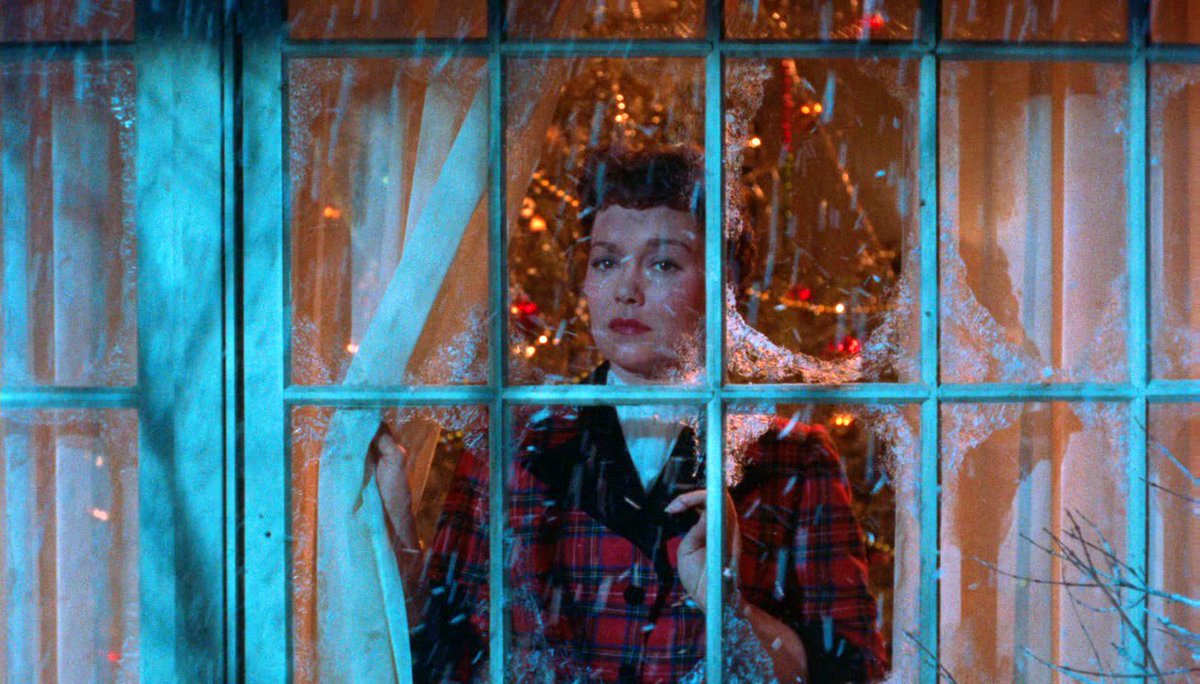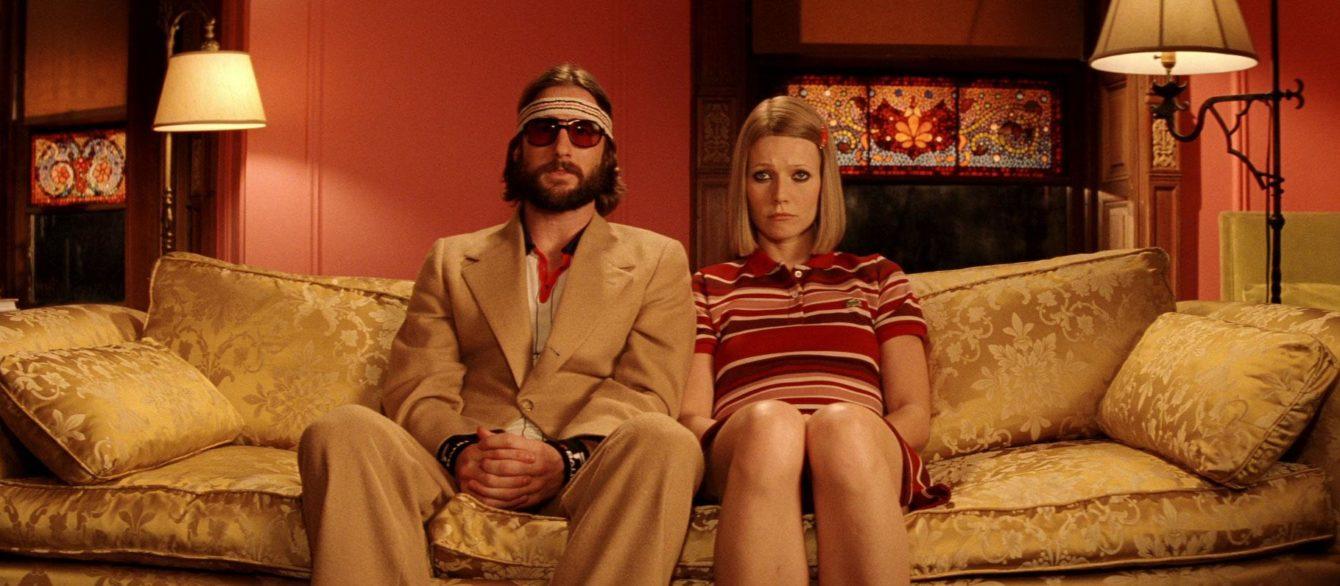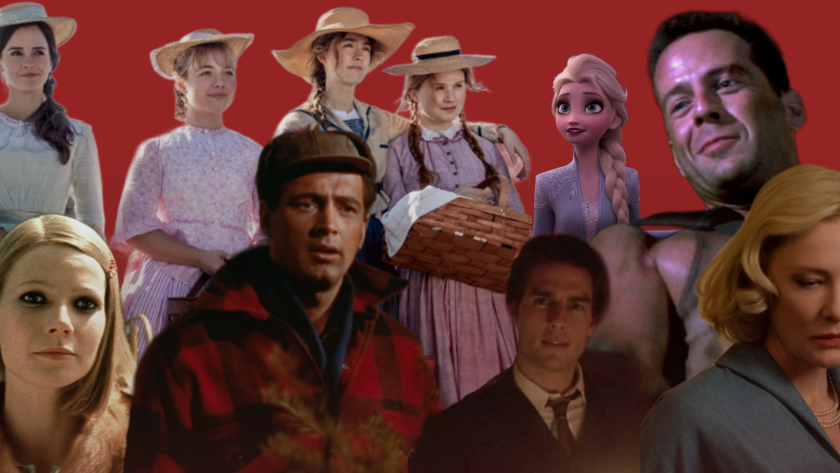What better way to spend the festive season than watching films recommended by the Filmsoc Journal? Grab a warm drink, throw on some fuzzy socks, and browse through our Christmas watchlist for our favourite picks. Happy Holidays everyone!
Aziz Almashari – Eyes Wide Shut (1999), dir. Stanley Kubrick

Stanley Kubrick’s final picture, and his crowning achievement, is a labyrinth of a film bursting with psychosexual tendencies set against the backdrop of Christmas-time New York City. Hidden behind masks, it dissects the ambiguous nature of perception and reality in regards to the human image and its direct correlation to material wealth – which serves as a symbolic marker for the social hierarchy. Cruise’s emasculation and anguish when struck with the reality of his relationship with Kidman unravels his misogyny and insecurity over total control in their association; her salaciousness forces Kubrick to launch the film into the abstract, where the darkness of concupiscence is all encompassing. The image in Cruise’s mind fractures the understanding of marriage within himself, thrusting him into the underworld of American affluence and perversion.
Doubtlessly and sincerely understanding our own desires, let alone someone else’s, is a difficult task that reaches the point of absurdity. We are ashamed of our own powerlessness and incapacity to complete the incomplete, we will always fail to dissect the spiritual and the carnal when it comes to those closest to us. The method in which one tackles that sentiment varies and might be contradictory. Here, Kubrick parades the fact that the concept of trust is essential to the sustenance of even life itself.
Eyes Wide Shut is a nocturnal fantasy where the masquerade is unveiled, where the film is the false show, and where hedonistic individuals pretend to be someone they are not in their cloak of eminence – a notion which takes on a whole other layer of meaning in relation to Cruise and Kidman’s real life entanglement, as well as cinema as an artistic medium.
Tony Yang – Carol (2015), dir. Todd Haynes

Christmas is wistful in Carol, a romantic drama that acknowledges the often unseen sentimentality underlying the bright lights and roaring jingles. We follow Therese, a department store worker and aspiring photographer, whose holiday season work routine of selling toys in a Santa hat is upended by the arrival of the titular Carol- an elegant mother in the midst of divorce. An instant bond is formed, one that quickly grows into infatuation and romance, which prompts both women to reflect on their identity and desires.
Carol’s depiction of the holiday is shrouded with melancholy, as cinematographer Edward Lachman’s lens frame the glam and glitter of New York City in harsh angles and muted colours — a reminder that the commercialized celebrations fail to bring happiness to either of the protagonists. Yet the people occupying those urban spaces — parents walking alongside their children, couples dancing in a bar — are all smiles as the camera glides by. And it is in human connection that both Carol and Therese find meaning.
From the unwavering support of an old friend to the irreplaceable warmth between mother and daughter, and of course in the love between the pair themselves. The film is an empathetic look at the sense of longing that Christmas may bring, and a tender reminder that it is our relationships, however unlikely they may be, that make the long nights bright.
Aadesh Gupta – Die Hard (1988), dir. John McTiernan

A Christmas film list without Die Hard has practically become a sign of blasphemy. The film’s relationship with winter holiday may be built upon humour and a few references, but it has become far more established than expected. It’s a fitting pick for a Christmas classic, not because of convention, but reliability. You can always expect an immense amount of enjoyment and satisfaction with each rewatch. After all, alongside the likes of Terminator 2 (1991) and Raiders of the Lost Ark (1981), it forms a fundamental pillar of Hollywood action. How could it not? It epitomises every facet of the genre – perfect pacing, unfaltering tension, a streamlined script and “Yippee Ki-Yay”-ing dialogue, just to name a few. Not to mention that it inspired a whole archetype of ‘hostage-situation-on-a-skyscraper’ films, most of which have failed to emulate its effective usage of interior spaces.
What’s particularly appealing about the film is its simplicity. Many modern action films feel the need to avoid this and overstuff their narratives, mistaking complication for intelligence. Die Hard, and other single-location thrillers with straightforward premises (one of my favourites being The Raid), are often more tightly plotted, resulting in a higher degree of engagement. One may expect the exciting moments here to wither overtime, but they still persist. It’s an exemplary work that continues to reign above other films of the season for me.
Euan Tou – Frozen (2013), dir. Chris Buck & Jennifer Lee

Whilst I love ‘edgy’ Christmas film picks like Die Hard (1988) and Anna and the Apocalypse (2017), my problem stems from spending Christmas with my cousins who are still in primary school and whose parents would never allow them to watch those films. To cater to everyone and yet entertain me as well, I can’t think of any better watch that fits the Christmas spirit better than Frozen. The film highlights the themes of family, love, and redemption – ideals that are rooted in the traditional celebration of Christmas day in a smoothly animated Disney musical production. It really captures the ‘fun for the whole family’ spirit on all levels.
Aryan Khawaja (Journal Editor) – All That Heaven Allows (1955), dir. Douglas Sirk

The second of Douglas Sirk’s collaborations with Jane Wyman and Rock Hudson, All That Heaven Allows, might appear to be a lesser work than the sweeping multigenerational tragedy of Written on the Wind, a film that derives much of its dramatic potency from a whirlwind of obfuscation and misinterpretation, not unlike the pulpy romance paperbacks the director’s work was unfavourably (and unfairly) compared to. It is precisely its quietude, however, that renders its melodrama perhaps even more moving than the latter film. Framed by the crystalline veneer of windows frosted by winter, the film follows Cary Scott, a widow enmeshed within a web of social demands- from her children, her haughty country club colleagues and the many aristocrats vying for her affection. Arriving, clad in crimson flannel whose exuberance is magnified by the film’s gorgeous Technicolour textures, is Ron Kirby, a gardener who is a decade her junior- a fact that arouses scandal when their tryst develops into a relationship fraught with risk.
Lit by the amber glow of fireplaces and streams of sunlight fragmented by kaleidoscopic glass mosaics, the film renders its Christmastime assemblages as not symbols of joy but of gloom, with the glint of baubles and gold gift wrapping acting as reminders of the gilded cage that entraps Sirk’s lovers-in-revolt. In one of its most unsettling images, Cary gazes into the Stygian mirror of the television set (a Christmas gift), seeing only a reflection of the absence that tugs so insistently at her heart. The looming shadow of Christmas also renders the film a richly observed exploration of retreat from the suffocation of festivity, informed closely by the transcendental naturalism of Thoreau’s Walden. Blushing with the passions of love and hatred in equal terms, it is the magnum opus of one of the great 20th century melodramatists.
Madeline Choi (Journal Co-Editor in Chief) – Little Women (2019), dir. Greta Gerwig

Little Women, despite being a very conventional Christmas watch, is a film that I have watched every December since its release three years ago. It simply just radiates warmth and love. Everyone is somewhat familiar with the story of Alcott’s Little Women, which makes it an easy watch to end off a rollercoaster of a year and it’s a great festive watch to experience with your parents, siblings, close friends, loved ones or alone. That being said, the film’s use of colour to shift between multiple timelines, with the blue hues used to tell a story of loneliness and grief and the golden glow used to charm us with heart and pure love, is perfect for the end of year season (a meditative, comforting and sometimes, lonely time). The film’s score by Alexandre Desplat, especially ‘Laurie and Jo on the Hill’, really encapsulates comfort like no other. There’s so much I can say about this film from the cast’s moving performances to the lovable screenplay. But I think the only thing I want to say is that Little Women just feels like a hug.
Alexia Mihaila (Journal Co-Editor in Chief) – The Royal Tenenbaums (2001), dir. Wes Anderson

If you want to live your total indie fantasy this Christmas, this early Wes Anderson flick might deliver as the perfect unconventional pick. It’s not even a Christmas film, but its emphasis on family ties, self-reflection, relationship resolution, and convenient location in the commercially-rooted holiday town of New York City is bound to strike some Christmas cheer even in the least festive hearts. From a cinephile standpoint, it’s nice watching Anderson’s beginnings and how his reinforced style of saturated colours, over-the-top narrative, and maze-like attention to detail captures in with high accuracy the whole intricate life story of each member of the broken home of socialities.
The best part of The Royal Tenenbaums though, as with most Wes Anderson films, is that it’s a gift that keeps on giving. All small details call for numerous rewatches since there are so many details to look for, which makes it perfect for showing it to your folks while still enjoying it yourself in case you’ve seen it before. Little things that make me love the film are: how it’s structured into chapters akin to a book, how the eponymous Tenenbaum is very close to the German Christmas tree, and how its soundtrack features Nick Drake, Elliott Smith, and The Ramones. The film is also long enough to last you a slow snowstorm laying cozy on the couch and an inevitable family Christmas quarrel at the dinner table; so if you need a good watch to keep your eyes glued in awe to or just an aesthetically pleasing cinematography piece somewhere in the background, The Royal Tenenbaums should definitely be on your festive watchlist.




[…] Originally published for UCL Film and TV Society Journal as a part of ‘Our 2022 Winter Holidays Wa… […]